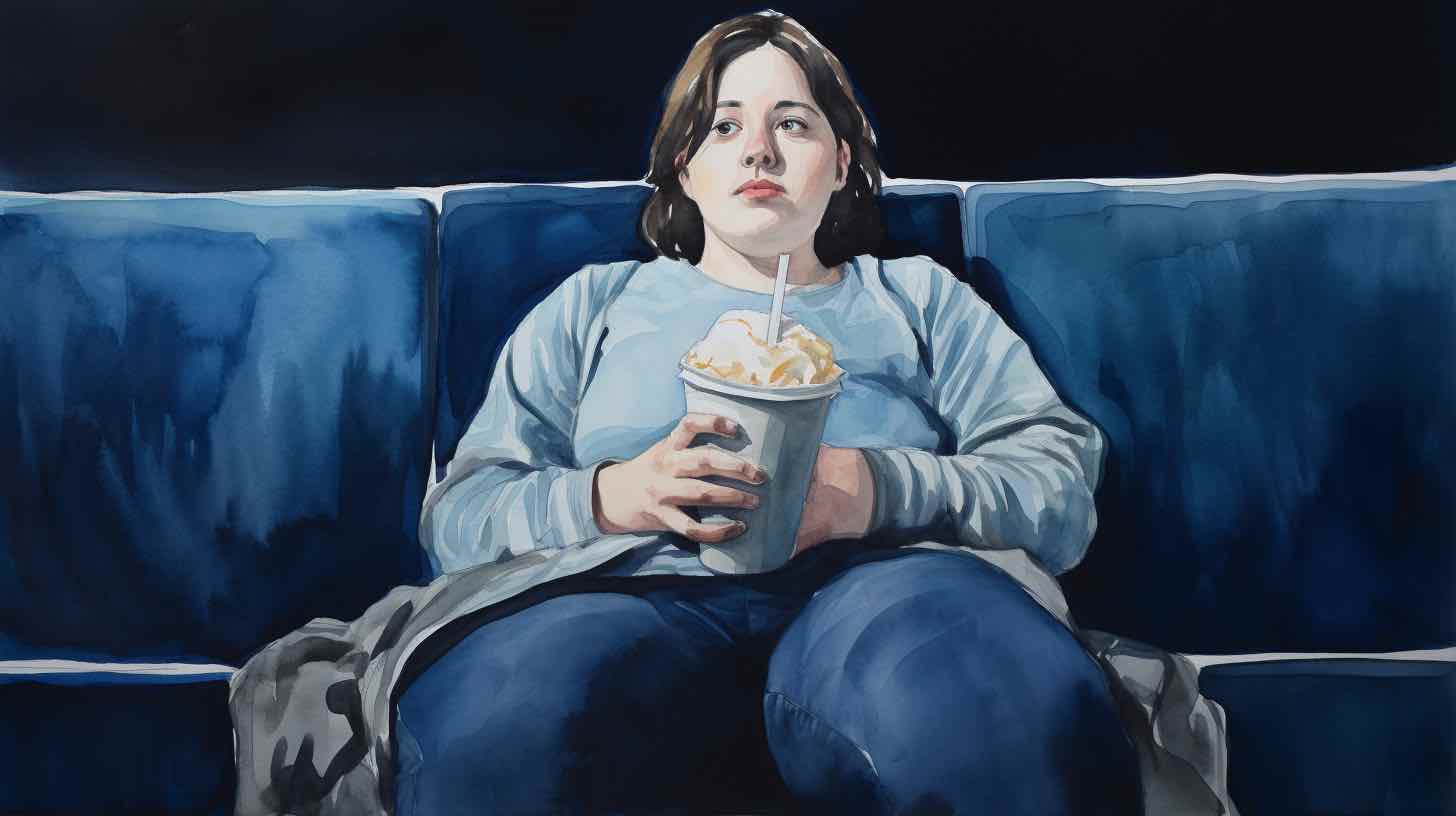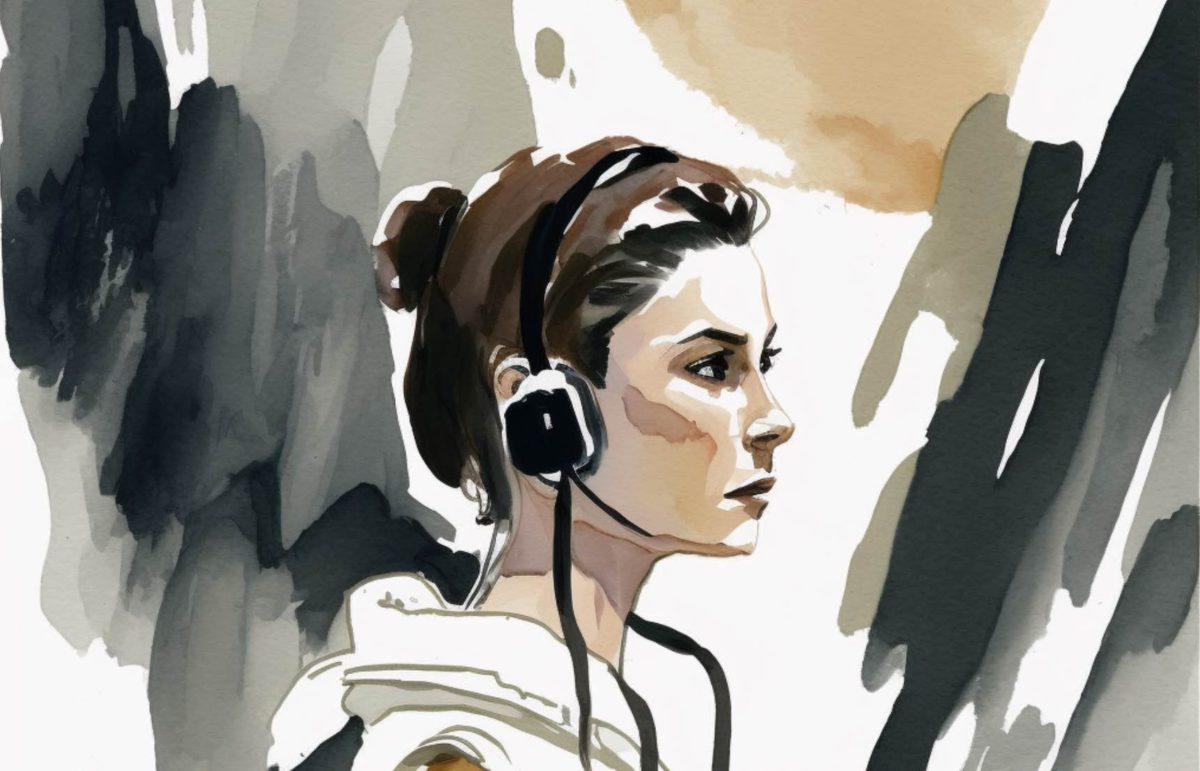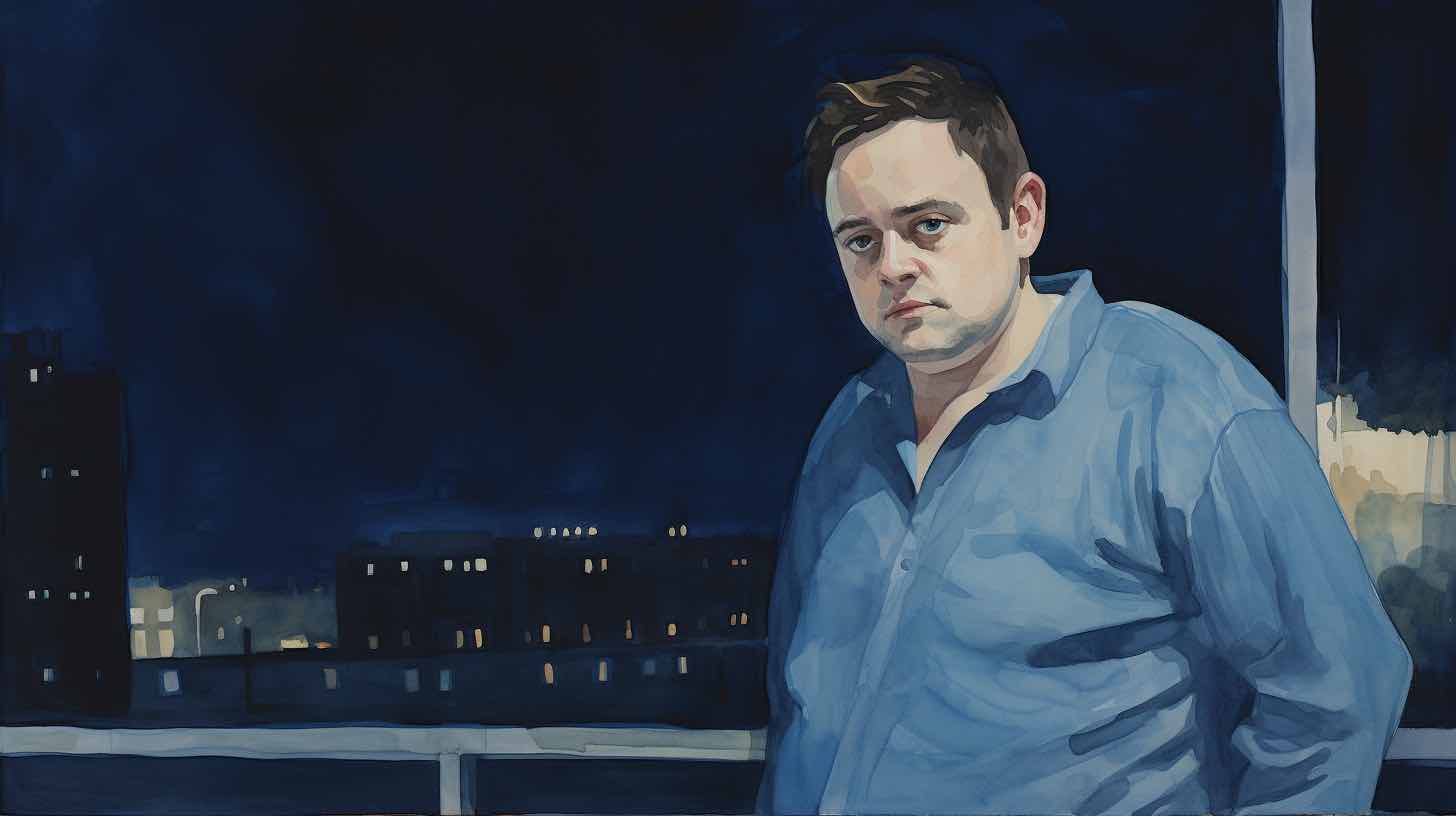Category: OCD app
-

What is the best OCD self treatment?
The cost of OCD therapy can vary widely depending on factors such as location, type of treatment, duration, and insurance coverage. Individual psychotherapy sessions can range from $100 to $250 per hour or more, while group therapy sessions may be more affordable at up to $80 per session. Intensive outpatient programs and residential treatment programs…
-

What do the new advancements in AI mean for people with OCD?
New advancements in AI have the potential to positively impact people with OCD in several ways, including: What about risks? There are several risks associated with the use of AI in mental health care, particularly for individuals with OCD. Some of these risks include: What about risks that are more specific to OCD? While many…
-

Thought challenging: 5 steps to overcoming OCD
I found myself plagued by intrusive thoughts that seemed to consume my every waking moment. No matter how hard I tried, I couldn’t shake the fear that something terrible would happen to my family if I didn’t perform certain rituals. My mind was a whirlwind of “what-ifs” and worst-case scenarios. One ordinary day, as I…
-

4 signs that you may be unintentionally enabling your partner’s OCD
I had always relied on my spouse’s support to manage my OCD, but lately, I had started to feel like her efforts were doing more harm than good. It wasn’t until one evening when we were getting ready for bed that my spouse suggested that she would stop helping me that I realized how much…
-

OCD Digital therapeutics: Why is OCD difficult to treat?
Obsessive-compulsive disorder (OCD) is a mental health condition that is notoriously difficult to treat, and medication is often only partially effective. There are several reasons why medication may not be enough to improve OCD symptoms: OCD and the placebo effect The placebo effect is a phenomenon in which a person experiences a positive therapeutic effect…
-

OCD on Screen: How is OCD Depicted on Film?
There are several films and TV shows that portray characters with obsessive-compulsive disorder (OCD). Some of these include: It’s important to note that not all depictions of OCD in these films and TV shows are entirely accurate or representative of the experiences of people with the disorder. Some of these portrayals can perpetuate stereotypes and…
-

OCD, fear of harm and reframing negative thoughts
People with OCD can get stuck on a variety of intrusive thoughts, images, or urges, also known as obsessions, that are often disturbing or anxiety-provoking. These obsessions can interfere with daily life and cause significant distress. Some common obsessions in OCD include: It’s important to note that having intrusive thoughts or worries is a common…
-

Here are 5 tips for people with OCD who want to stop procrastinating
Hey there! Let’s chat about something pretty common, yet often misunderstood – procrastination, particularly in the context of OCD. Now, procrastination is something we all do from time to time, right? But for folks with OCD, it’s a bit of a different story. So, picture this: You’ve got OCD, and your mind is often caught…
-

OCD: the neurobiology
Obsessive-Compulsive Disorder (OCD) is a complex mental health condition characterized by persistent, uncontrollable thoughts, fears, or doubts (obsessions) that drive an individual to perform repetitive behaviors or mental acts (compulsions) in an attempt to alleviate the distress caused by the obsessions. The main theories Recent studies in brain science have shed new light on the…
-

On CBT, AI and OCD
Cognitive Behavioral Therapy (CBT) is a popular approach to mental health treatment that focuses on how thoughts and beliefs can influence behavior. CBT focuses on identifying and challenging negative thought patterns and developing healthier, more realistic coping strategies. This approach encourages individuals to look at the way they think and the decisions they make in…
-

OCD app: my first 3 days
Guest post by Christine Day 1 I woke up feeling really anxious today. I’m not sure what’s causing it, but I’m feeling really overwhelmed and stressed out. I decided to start using the OCD app that I downloaded a few days ago and was sitting on my phone. It has a lot of different CBT-based…

